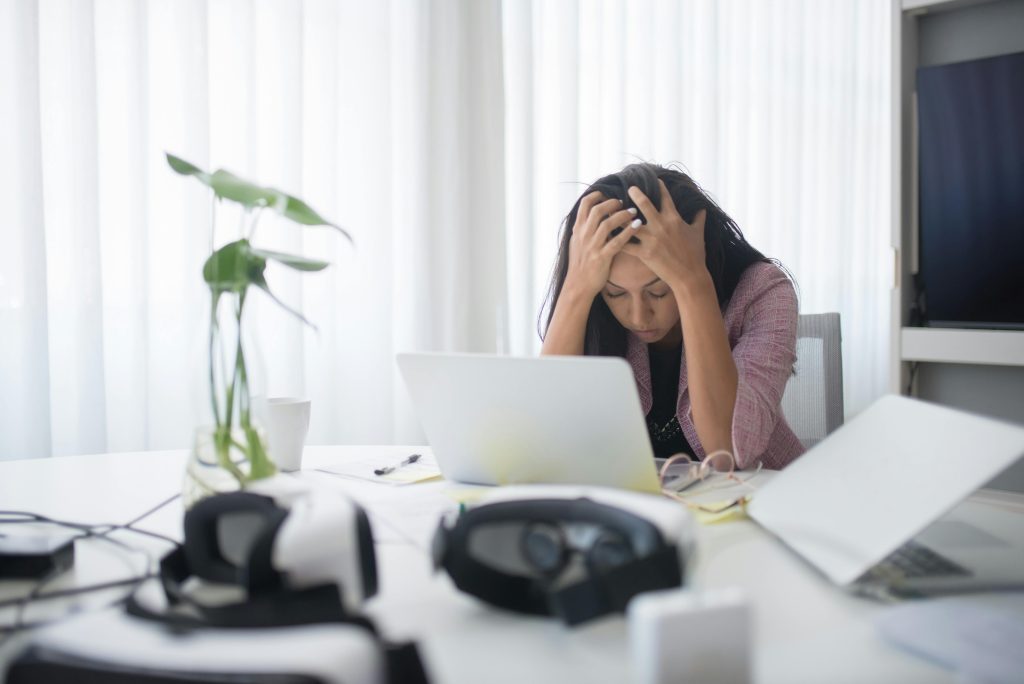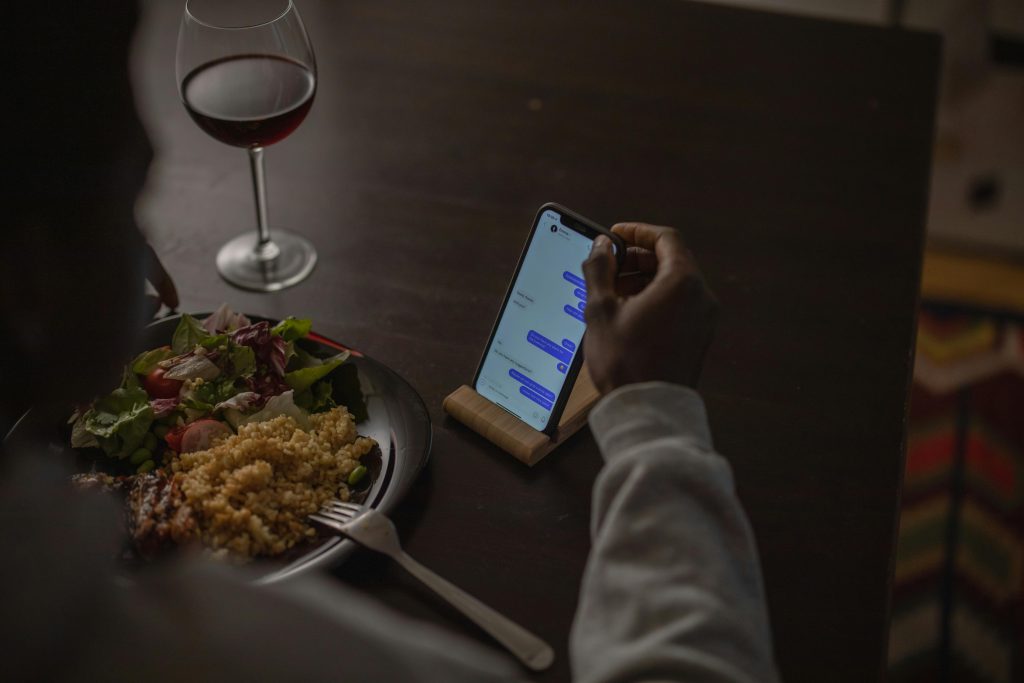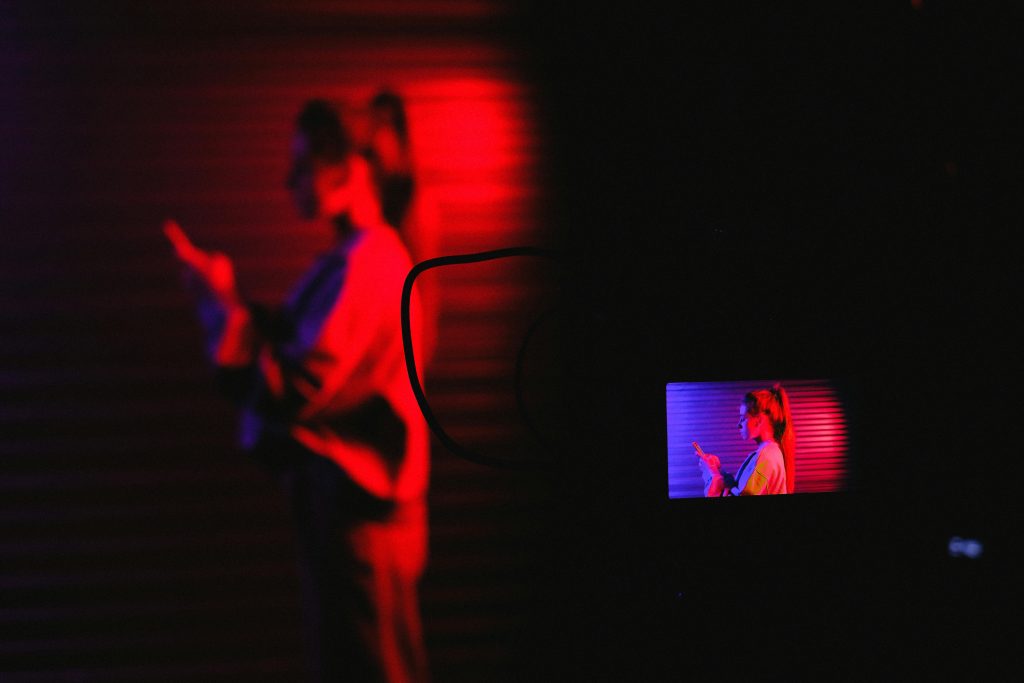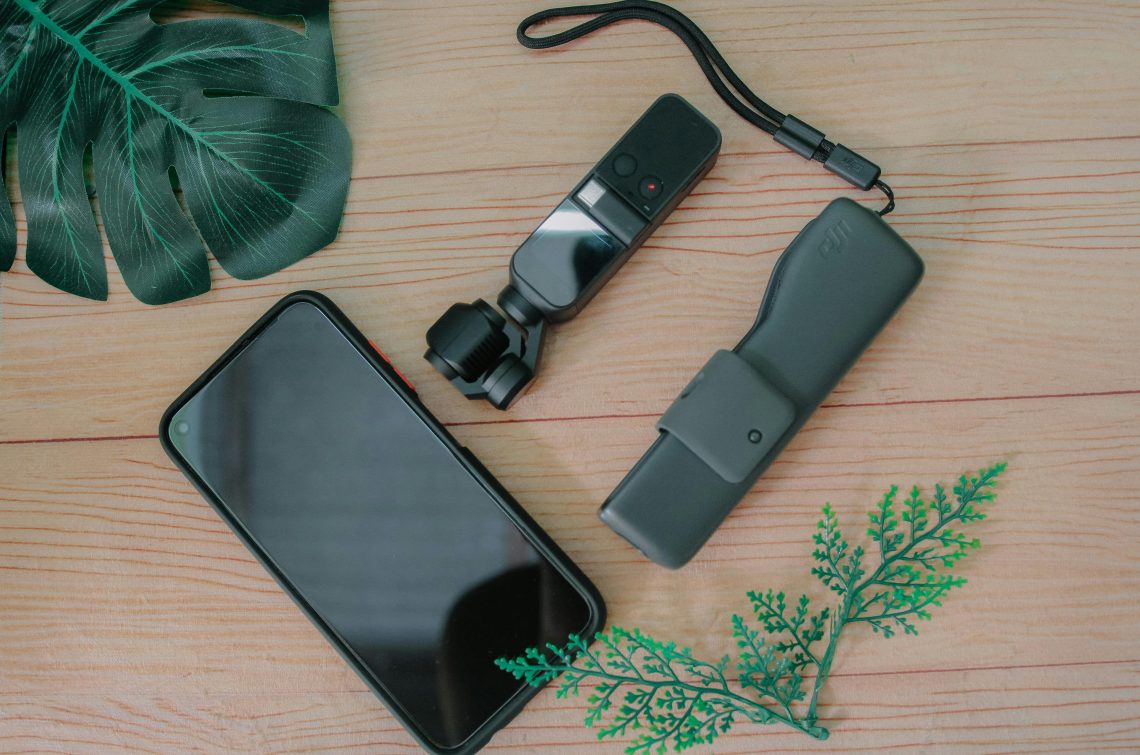It’s easy to overlook the signals your body and mind are crying for a break in the always-on world of today. It could be time for a digital detox, whether your obsession is doom-scrolling before bed, stuck to your phone for work, or just being unable to recall the last time you were totally present. Knowing how to do a digital detox would ease all the stress
One can actually experience digital fatigue. Mental tiredness is invading our daily existence. And it gets more difficult for us to feel like ourselves again the more screen time we accrue. Though it saps our energy, lucidity, and emotional welfare, we normalize being always connected.
How, therefore, should one know when it is time to unplug?
These are seven obvious indicators you absolutely need a digital detox right now, along with what you can do about it.
1. One feels mentally tired even after rest.

If you sleep enough but yet wake up feeling exhausted, your mind may be overburdened, not under-slept. Work emails, constant alerts, and doomscrolling all help to cause mental tiredness and leave little room for actual rest or recovery. Even quiet times seem loud, and you might feel as though your brain is constantly running at full tilt.
Indices to seek for
- Problems concentrating on chores
- Forgetfulness or brain fog
- Feeling “tired but wired” late at night
This is a warning: your brain is not receiving the mental stillness required for renewal. That breathing space is created by a digital detox.
Fast Tip: Try one week of screen-free mornings. Spend that time reading, stretching, journaling, or stepping outside before picking up your phone. Beginning your day in quiet helps you reprogram your brain towards clarity.
2. You’re easily agitated or anxious.

Surely technology is meant to simplify life? Your nervous system is on high alert, though, when screen time starts causing anxiety, comparison, or even panic. You have low-level anxiousness all day? It could not be you; it could be your screen behaviour.
This can occur in response to:
- You are scrolling social media in despair.
- Always looking for fresh news updates.
- You become tense or restless when you’re offline.
These are standard screen time signs indicating that your emotional bandwidth is fully depleted. Your body is crying for a break if your phone makes you more reactive than calm.
Pro tip: Cut off non-essential notifications and substitute music, meditation, or a nice bath for late-night scrolling.
3. You cannot get off your phone even if you try in general.

Ever grab your phone to check the clock, and then, twenty minutes later, you find yourself deep into Instagram or TikHub. However, there are offline activities that can instantly boost your mood and energy because that draw to addiction is deliberate. Even when you don’t want to, the continual reward loop of likes, updates, and fresh material makes it simple to get drawn in.
This seems like:
- The first thing in the morning, reaching for your phone.
- Mindless browsing anytime you find yourself “bored”.
- Feeling awkward at quiet or “unplugged” times
If this seems similar, you should start anew in your relationship with technology. These attention spans are short, and we are not even aware of the mental clutter these devices contribute to.
Try keeping your phone in another room for meals, business meetings, or social gatherings. Little limits can cause significant mental changes with time.
4. You Are Not Getting Enough Sleep.

A major adverse effect of digital overload is inadequate sleep. Screen blue light disturbs melatonin, your sleep hormone. Scrolling before bed overstimulates your brain and causes delay in rest even if you’re physically exhausted.
Should you be going through:
- Problems turning me sleeping
- Getting up all through the night
- Having trouble even after a good night’s sleep
It could have anything to do with your evening screen behaviour. Studies reveal that even slow scrolling affects your sleep quality more than we would have guessed.
One hour before bed, designate a “digital sunset”. Turn to a book, some soothing music, or a nighttime ritual that tells your body to relax. Your future self will appreciate you.
5. You fight to be present even among people you love.
One thing is to zone out online, but another is when you start to feel cut off from your real-life contacts. Your screen can be depriving you of presence if you find yourself half-listening in meetings or distracted while hanging around with loved ones.
One could find examples like
- looking at your phone during dinner
- Getting annoyed in-person during a conversation
- Thinking about material, responses, or alerts all the time
People around you may also sense your ongoing mental “somewhere else”. Presence is about really living in the situation you find yourself in, not only about dropping your phone.
A digital detox lets you retrain your attention and fortify the relationships that are most important.
6. You Feel Cut Off from Yourself

Among the most often missed indicators of digital fatigue is this one. Spending more time online than with your own ideas starts you to lose touch with what you really feel, need, and value.
You might find:
- You no longer know what motivates or thrills you.
- Your own inner voice is not audible.
- You want outside validation, like likes, comments, and feedback.
It gets more difficult to tune in to your own when you are always absorbing the life and viewpoints of others. And you lose more as this goes on.
The cure is? Time away from screens, by yourself. Go for a walk free of headphones. Sit back and consider things. Write in a journal free from editing yourself. Though initially embarrassing, it helps you to re-establish your core.
7. You Think You Always “Behind”.

There is always more to scroll through, respond to, and catch up on in terms of material. It’s time to stop, though, if you find yourself continually feeling inadequate even if you are obviously tired.
Digital comparison and overstimulation usually drive this sense of chronic insufficiency. You’re overwhelmed by too much input, not by yourself being behind in life.
You might notice:
- Pressure to “catch up” with work, ideas, or messages.
- Comparison with the output, physique, or way of life of others
- Feel guilty for not being online, active, or “engaged”.
The truth is you are not supposed to eat everything, answer to everyone, or be on call around the clock. You are free to turn off.
Even one day of unplugging can provide the reset you need to get grounded once more.
Final Thoughts: Pay Attention to the Signals.
Your brain and body are clever. When digital burnout strikes, it’s about tuning in to yourself once more, not only about shutting off technology. A digital detox is not about totally disappearing. It’s about realigning your life to prevent your screen from running it.
You don’t have to feel better by totally darkening yourself. First small:
- Go for walks apart from screens.
- Quiet pointless alerts.
- Set up no-tech areas in your house.
- Replace scrolling with a peaceful or artistic endeavour.
The aim is presence rather than perfection.
And sometimes the only thing needed to reawaken one to what counts most is a small






